Is Cancel Culture The Society We Want To Create?
We live in a cancel culture. One where we call people out and ruin people’s entire lives over things they said 10 years ago. Over mistakes they made when they were little. Over a joke they made that just came off a little strange, a little off-color, or even down-right wrong.
Where people are being judged. Not in a court of law, not according to the systems that are set up for that, (flawed as they might be,) but according to mob rule.
Since when has that been the type of society we want to create? Is this the type of society you envisioned for your children?
Why Cancel Culture is Toxic
Cancel culture is toxic – which is why we did away with street shamings and public shamings in the 1800s. And yet here they are, back again, in an ever more powerful way. But this time, with reach to millions, maybe billions, and no longer just the people in the town.
Historically, we did away with public shamings because it was too humiliating, too harsh, and a cruel punishment.
I believe that in this cancel culture, people are being punished in a much more harsh and cruel way for things that seem far more benign and far more forgivable.
Public shamings on these very powerful social media platforms influence billions of people and their opinions – including those in your home.
Hear More: Effects of Social Media on Mental Wellbeing
The negative effects of social media on mental wellbeing are rampant. You can learn more about what I learned from taking a break from social media by watching this video.
SUBSCRIBE TO MY NEWSLETTER TO KEEP IN TOUCH
(With or Without Social Media!)
Do We Allow This Behavior in our Homes?
Of course we would never allow the cruel call-outs on social media to be said within our 4 walls. When communicating with our family members, we don’t want to be people who resort to shame, resort to name-calling, who lack nuance, and who lack critical thinking…
We don’t want to be calling each other out. I certainly don’t want to create a culture where I’m calling my kids out.
Call-Out Culture vs. Call-In Culture
In my home, I want to create a culture where I call my kids in. Same for my husband. And the same for how I want them to treat me.
At home, I want to create a call-in culture where we:
- are innocent until proven guilty
- look for the most charitable, most generous interpretation of what people are saying
- aim to be the most supportive and the most helpful, and not the most righteous judges of people
- don’t look to catastrophize everything
- see the bright side and develop optimism and resilience
- have a sense of mutuality, of reciprocity, and of concern for others
- assume the best of you
- believe that when say something, you have reason to say it, and if you’re saying something that’s deeply flawed or mistaken, it’s because you have a different point of view from me and not because you’re evil in some way
I think most of us want to develop families who are deep thinkers, critical thinkers, nuanced thinkers…
Families who choose the precise and careful use of words.
Where we actually realize the power of words and we try to use it with as correct-as-possible terminology and phrasing, and not label, name-call, or blow things out of proportion.
In Family Life, Callout Culture Isn’t Anonymous
While callout culture may allow people to hide behind a screen online, in family life, we must be accountable for ourselves. We’re not anonymous.
We must actually say our truth, stand in integrity, and speak from the heart.
This is certainly the vision that I have for my family.
My Hopes for Social Media
I would hope that people would begin to read other people’s comments, posts, links, etc. with a benefit of the doubt mindset.
And with the assumption that it’s okay to disagree. That we can hold different views, even very opposing views. and that we still prefer people to be able to share their opinions, however clumsily that they might do it.
I would hope that we start to behave online in a way that we behave offline, where we speak respectfully, where we don’t speak out of turn, where we take people’s humanity into account where we realize that words matter.
How we talk to people matters,
And that, the things that we say on social media go to a real person in the end.
I would hope for all of those things.
Cancel Culture is Toxic and Deeply Flawed
My hope is that by curating this intentional call-in culture that we would like in our home, our interactions online will follow suit. I feel that cancel culture is toxic – how do you feel about online communication in this day in age?

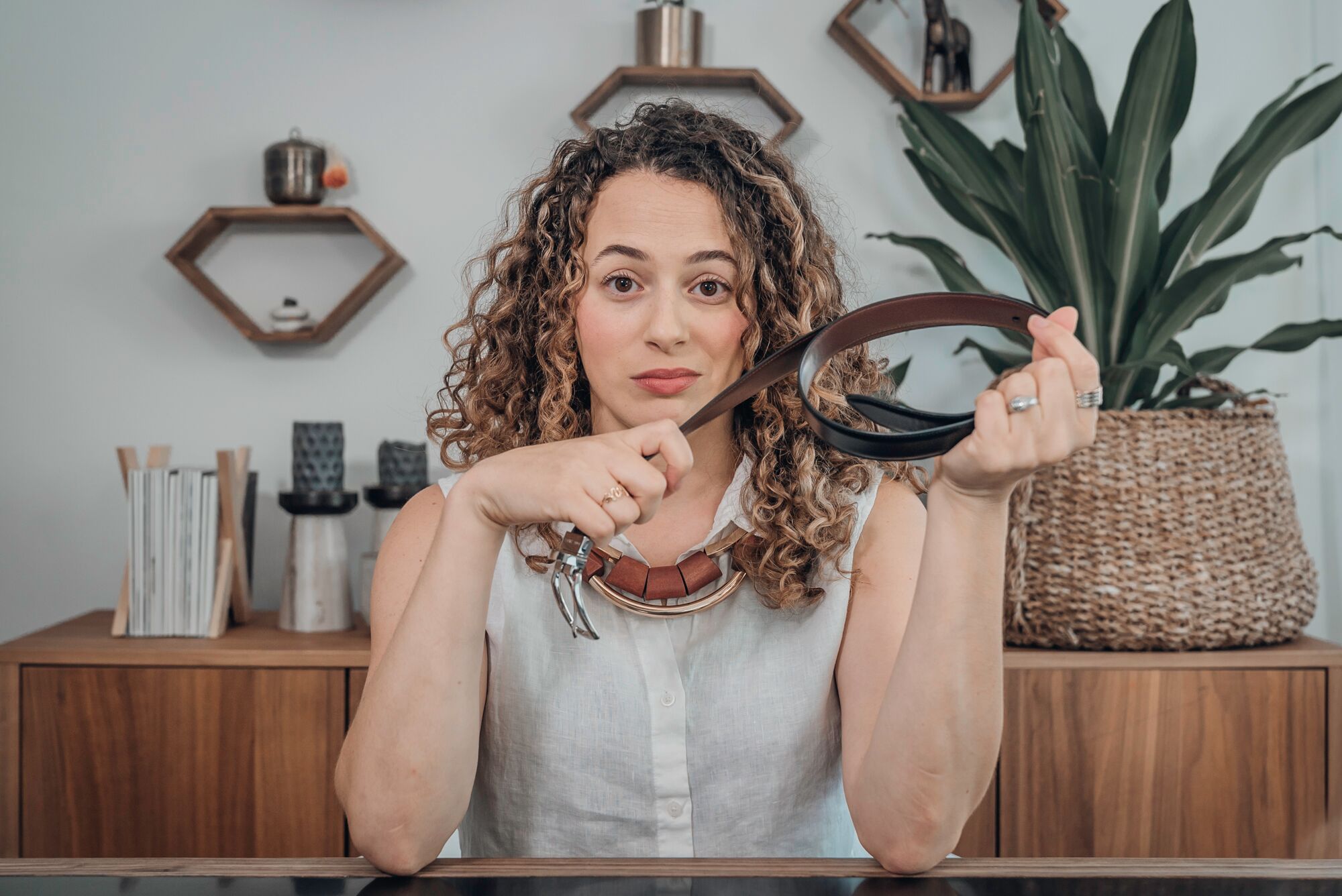


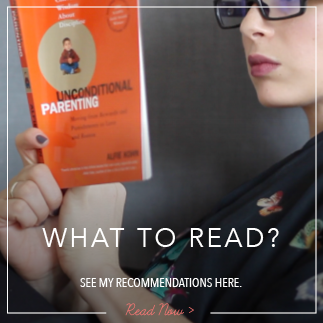
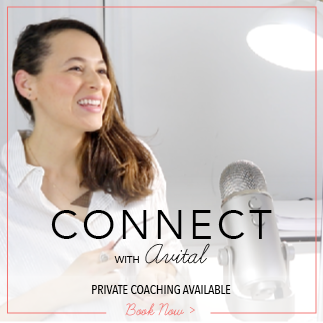


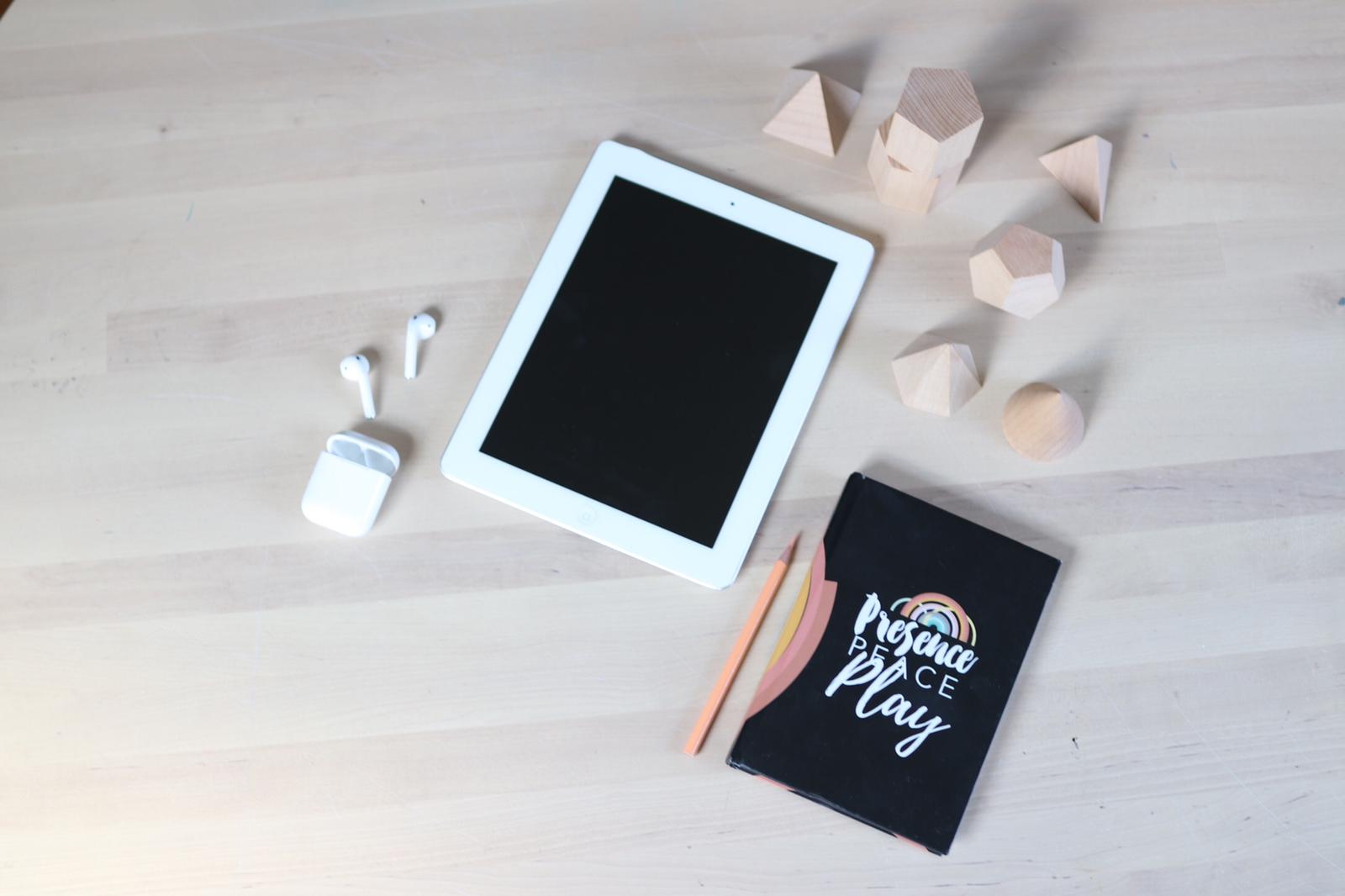

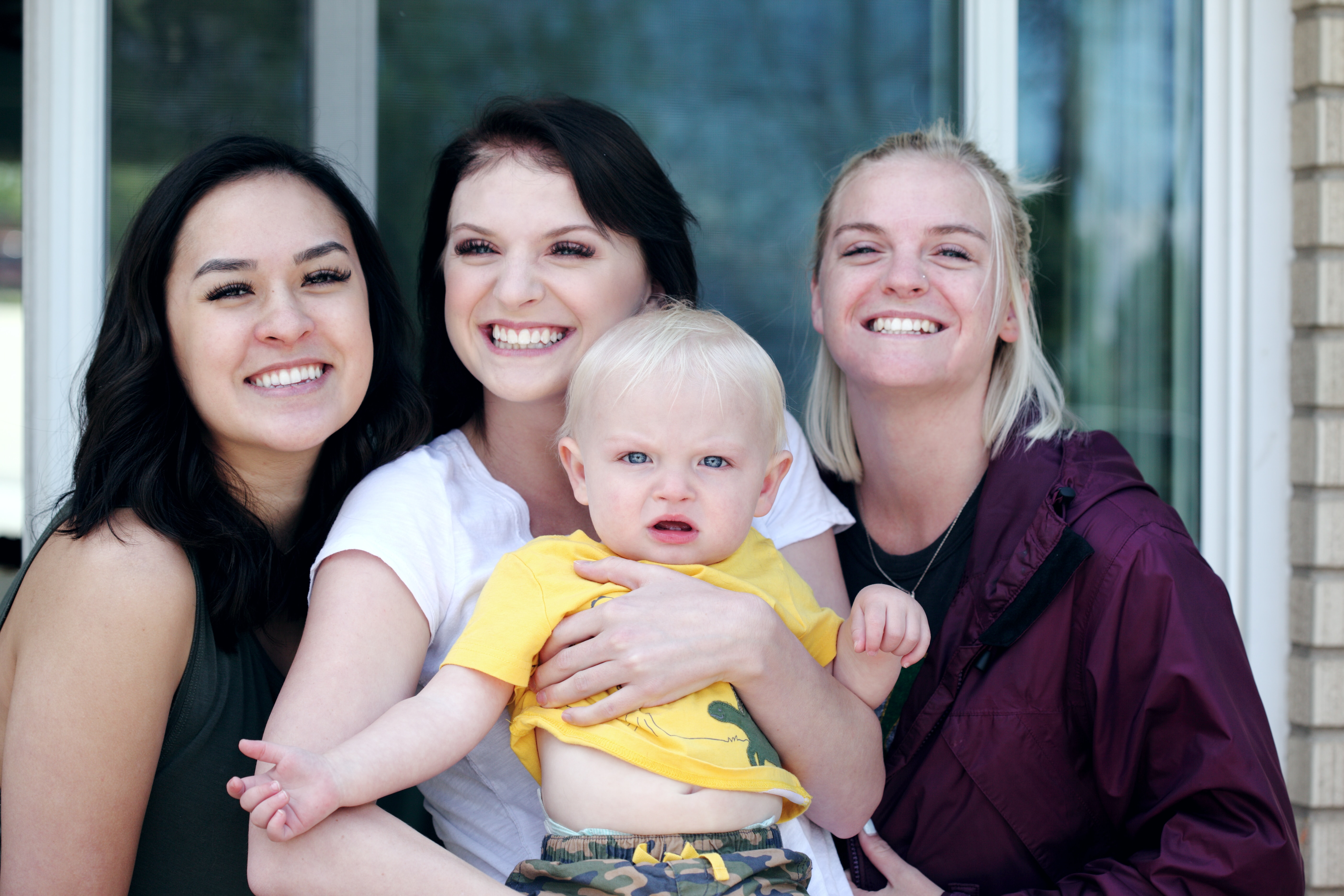
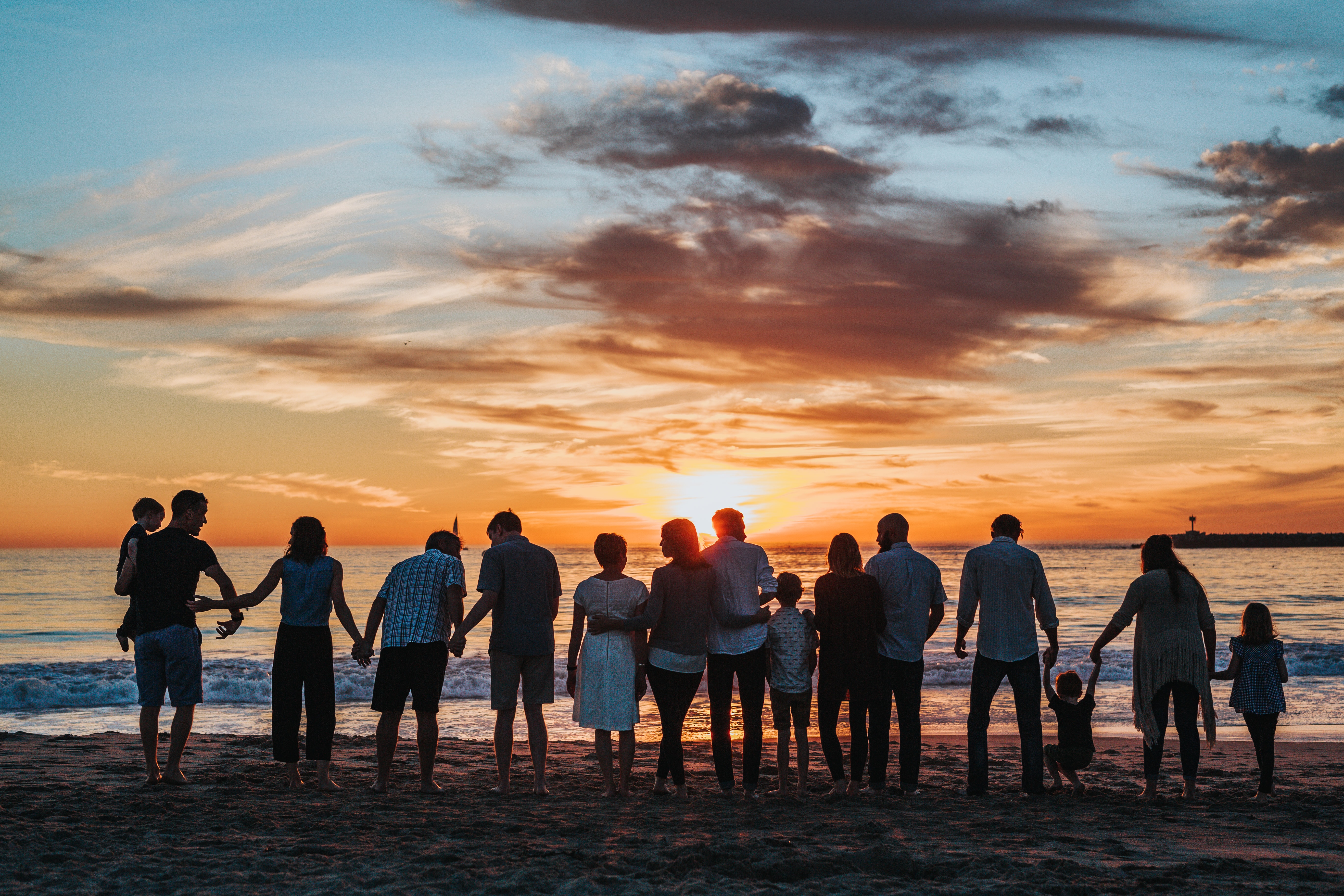

0 comments